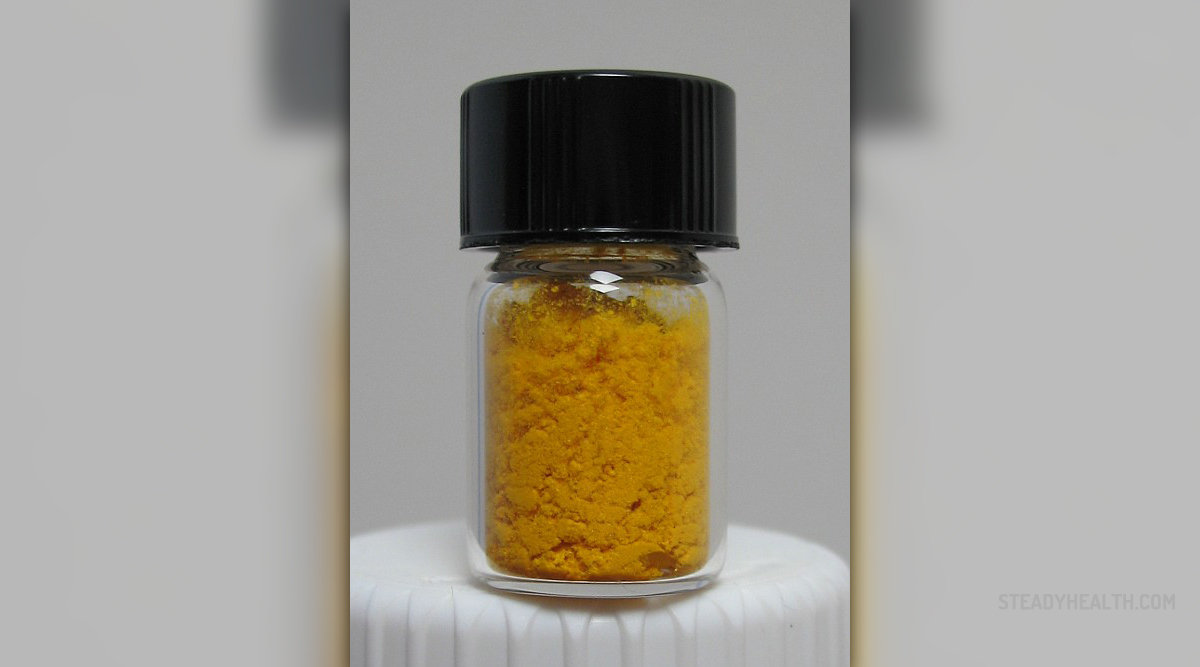
Folic acid is also well known under many names, including vitamin B9, vitamin Bc or folacin. It occurs naturally in the form of folate, and you may also hear or read people calling this acid pteroyl-L-glutamate, pteroylmonoglutamic acid or pteroyl-L-glutamic acid. This acid is actually one water-soluble B vitamin, and it is often found as integral part of the vitamin B complex. These vitamins tend to occur in the same foods and they usually support similar functions of the body.
Benefits of Folic Acid
Vitamin B9 is not biologically active, but after the metabolism in the liver it gets converted to dihydrofolic acid, tetrahydrofolate and some other metabolites, which are very important. Human body needs both folate and folic acid for numerous functions. They are required for biosynthesis of nucleotides, DNA and methylate DNA, but also for the repair of the DNA or remethylation of homocysteine. Folate is often a co-factor needed for various biological reactions that are happening in the human body.
Folic acid is frequently used as additional treatment of depression, anemias, and even Alzheimer’s disease or some types of cancers.
Folic Acid Deficiency
If there is a lack of folic acid, people can suffer from folate deficiency (also known as FD). This condition is especially dangerous for development of the embryos and may cause neural tube defects and other serious medical problems. FD can also lead to accumulation of homocysteine and as the result provoke problems in the synthesis and repair of the DNA. In some case this problem may cause development of different cancers.
Sources and Daily Needs of Folic Acid
Green leafy vegetables, liver, peas, yeast and fruits (especially citrus fruits) are found to be best natural sources of folates. There are also some folic acid fortified foods, such as flour and cereal products, which usually contain either folic acid or pteroylglutamic acid (PGA).
Folic acid can also be found as supplement, sometimes on its own and sometimes combined with other B vitamins. Synthetic form of folic acid, found in supplements and fortified foods is discovered to be more easily absorbed in the body than the natural form of this B vitamin.
Average adult person daily needs about 400mcg of folic acid. However, periods of rapid cell division and growth require more folic acid. Because of that, pregnant women, those who want to become pregnant or breastfeeding moms are advised to take 600 to 800mcg of folic acid per day.

















Your thoughts on this
Loading...